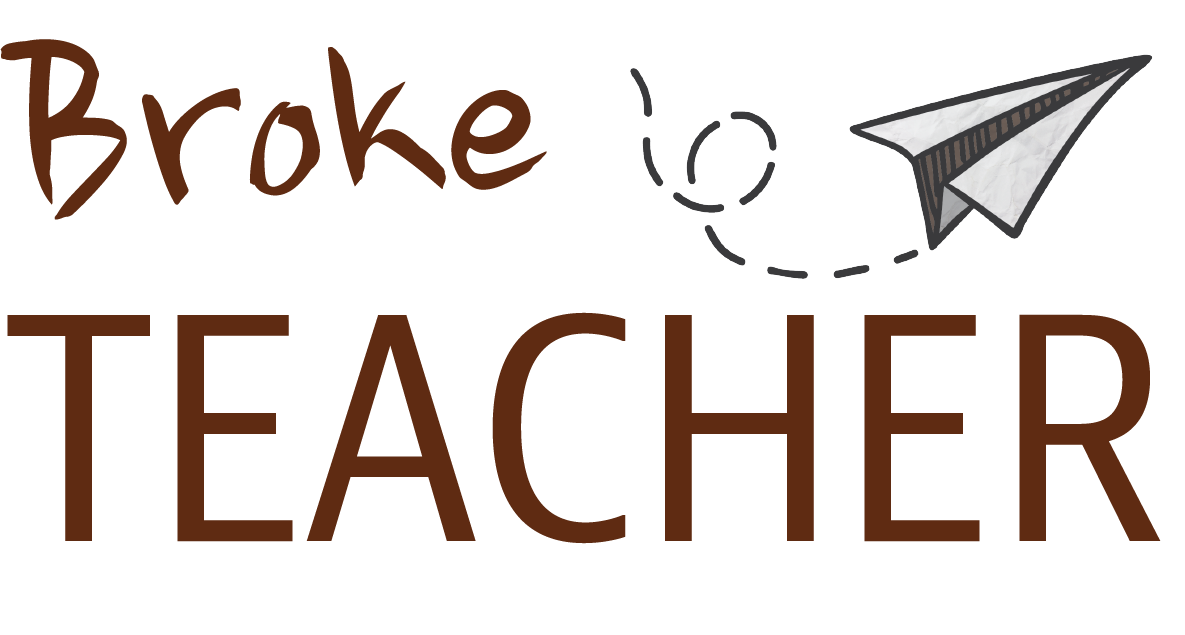“When’s it due?” students ask.
“When did I say it was due?” I answer.
“I don’t know.” It’s either that or “I forgot.” That’s how it goes.
Not anymore!
No kid with a computer, tablet, or smartphone gets to say “I forgot” anymore. Set them up with calendars and project management software, and they’ll be well on their way to success.
Organize students with calendars and project management tools.
Calendars
My first experience with Google Calendar was as an adult working in tech. “Aaron would like to speak with you.” Aaron was my boss, the head of marketing.
“Great. I’m free any time after 2:15,” I said.
“When should he calendar you in?” asked the woman with whom I worked directly.
“Any day after 2:15.”
“What day? He needs to calendar you in. How else will he know when to call you?”
“I’ll hear the phone ring and I’ll answer it?” It was that moment she realized I didn’t understand.
No one actually answers phones these days, she explained. I was like the Fresh Prince in Bel Air or a Beverly Hillbilly–way out of my zone. There’s a ritual involved. Talk. Agree on a date. Calendar it all in. Invite. Wait. I had to learn.
Some people don’t even talk to their mothers without a calendar invite.
Today, I can’t live without my calendar. It’s a lifesaver. I have several calendars–each for different things, color-coded so I can quickly see what’s going on. I teach students to use their calendars the same way, like an exec–for appointments, meetings, and due dates and to set alerts–before things are due.
They’re learning to schedule, to break down large projects into small tasks, and to plan backwards from deadlines in order to get things done early or on time.
The busier the student, the higher the return learning these skills. Student athletes and working students need to be fluent with time management and scheduling. They have a limited amount of time. Now, they can see how to schedule it to maximize productivity.
This is real-world success training they’ll use again and again.
Project Management Apps
Project management apps and platforms are also helpful tools for students.
They integrate with calendars, but have additional layers and features.
If you’ve never worked with project management software as an educator, you should. Two I love are Basecamp and Asana. Basecamp allows users to have their first “basecamp” free, then charges $29.99/month, where as Asana is free for individuals–they charge workgroups over a certain number of people.
As such, I show students Asana. Students can connect in small groups or organize effectively by using it alone. Asana has a nice mobile apps that syncs across mobile, desktop, and web versions.
What can I do with project management software?
- Set up to-do lists by project and/or category
- Assign tasks to group members
- Put tasks on a calendar that integrates with your calendar app–and set reminders that’ll come right to your phone.
- Include notes, files, and links in the same layout as the due date. (Think: notes for college essays, projects, job applications… all in one place)
- Check off steps or assignments when they’re done.
- See tasks, due dates, and projects they’re working on
- Archive things for later use.
- Break a project down and assign certain parts to team members by date and roll.
Using project management software gets students ready for many careers where project management software is the norm. Also, it keeps them organized, integrates with calendars, and stops the “I forgots.”
Most students live by their phones. It’s better for me to show them mobile apps, since most of them lose the paper agendas we pay a good money to supply. I’d rather save that cash and let my boss buy a round of coffees.
If you’re a middle or high school teacher teaching students to keep track of their schedules and deadlines, calendaring and project management tools will go a long way to organizing them and getting rid of “I forgot.” They don’t just save students–they save me as well.
Calendars and project management tools make practicing time management more natural and help students become far more productive.
These are skills they’ll be greatful for as adults, and you’ll love when they turn in your work–on time.
